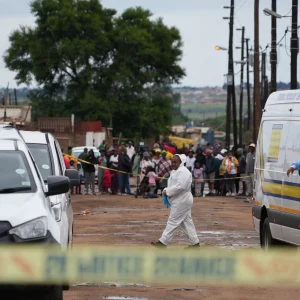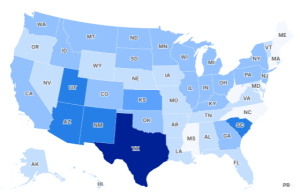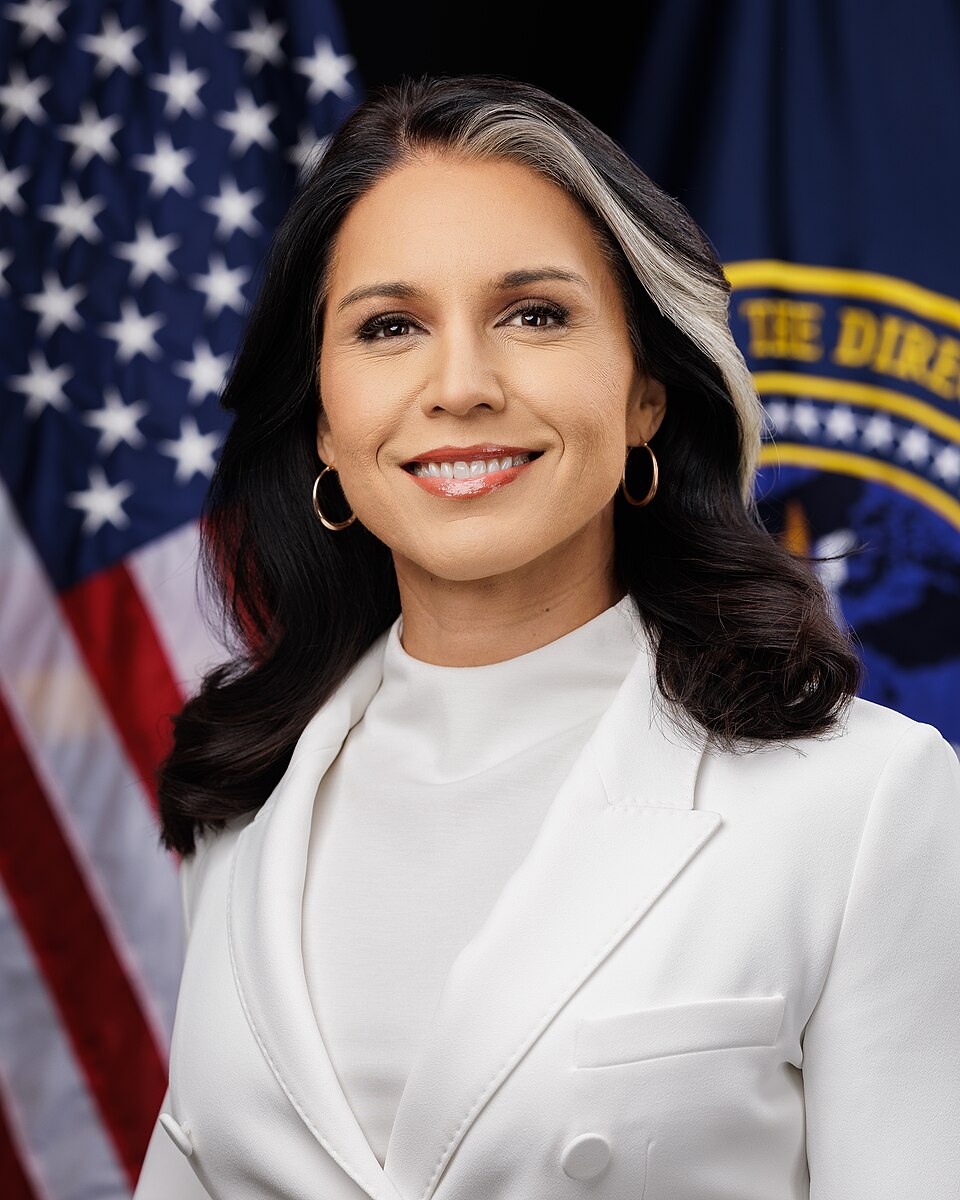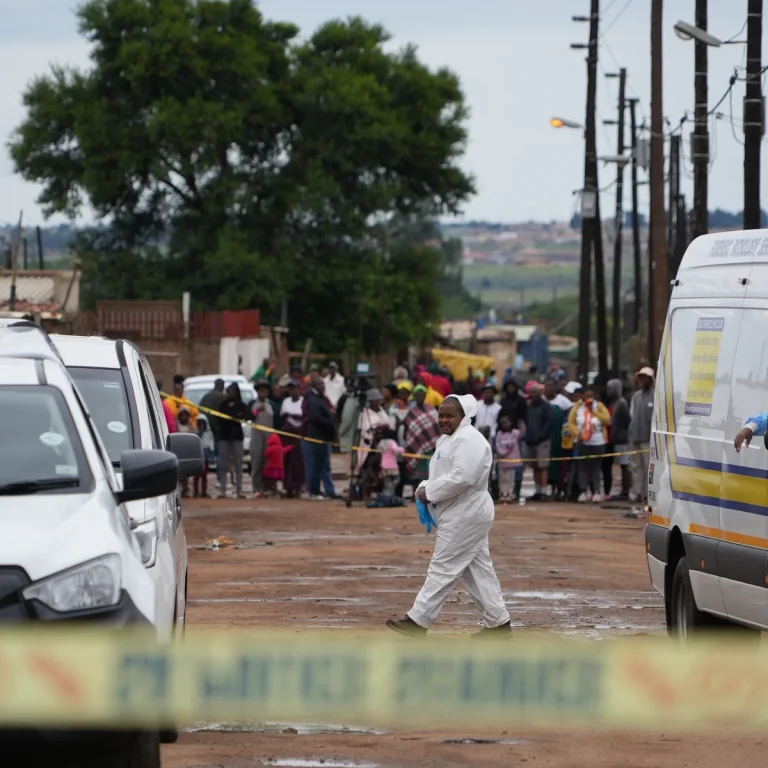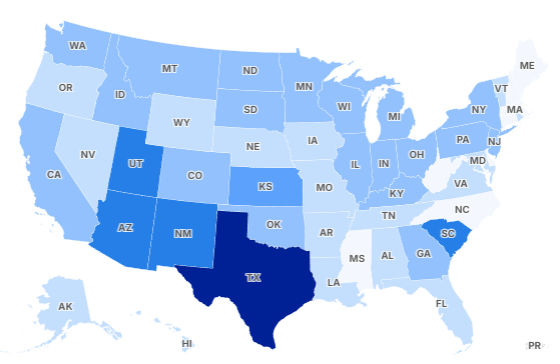A high-ranking federal official has sparked renewed scrutiny over past intelligence operations, issuing a series of public statements this week that question the integrity of decisions made at the highest levels of the U.S. national security apparatus over the last two decades.
In a series of remarks that are already generating significant discussion in both political and policy circles, the current Director of National Intelligence (DNI), Tulsi Gabbard, has outlined concerns regarding what she describes as patterns of deliberate misrepresentation of intelligence by her predecessor, former DNI James Clapper.
Gabbard’s statements come as part of a broader effort within the intelligence community to revisit and audit key episodes of intelligence use—especially in high-impact policy decisions that shaped the global perception of American power and domestic political integrity. While intelligence oversight is not uncommon, it is rare for a sitting DNI to publicly name and directly challenge a former occupant of the office.
During recent briefings and interviews, Gabbard outlined two specific instances that, she argues, represent “the most consequential manipulation of intelligence in modern U.S. history.” She claims that former DNI Clapper played central roles in both: the narrative that justified the 2003 Iraq War and the 2016–2019 investigation into alleged collusion between Donald Trump’s presidential campaign and Russian officials.
The first allegation centers on the intelligence assessments used to justify military intervention in Iraq. Gabbard asserts that Clapper, then serving as Director of the National Geospatial-Intelligence Agency, contributed to what she calls a “manufactured justification” for the war. According to her, intelligence was selectively interpreted or distorted to support claims that Iraq possessed weapons of mass destruction—claims that were later proven unfounded. The war ultimately cost the lives of more than 4,000 U.S. service members, hundreds of thousands of civilians, and destabilized the Middle East for decades. Gabbard contends that Clapper was instrumental in promoting intelligence that supported the invasion, despite its questionable reliability.
The second claim pertains to Clapper’s prominent media role during the Trump presidency. Gabbard alleges that while Clapper publicly asserted that there was “more than circumstantial evidence” linking Donald Trump to Russian interference, he privately admitted under oath before Congress that no such direct evidence existed. These public declarations, Gabbard argues, significantly shaped national discourse and were central to the launch of the Mueller investigation, which ultimately cost $32 million and found no conclusive evidence of criminal conspiracy.
Further, she links these narratives to what she describes as a broader misuse of the intelligence infrastructure—including secret FISA warrants, politically motivated surveillance, and public messaging campaigns that she believes undermined democratic institutions.
“Clapper’s actions had long-term consequences not only for U.S. foreign policy but for domestic trust in government,” Gabbard reportedly stated, adding that she is in a position to verify these claims based on her access to raw intelligence files and internal documentation.
Clapper has denied the accusations, characterizing them as politically motivated and factually incorrect. However, Gabbard points to his prior record, including a 2013 incident in which he provided inaccurate testimony to Congress about NSA surveillance programs—claims later contradicted by leaked materials from Edward Snowden.
Supporters of Gabbard’s initiative argue that her willingness to speak publicly about these issues represents a significant act of institutional accountability. Critics, however, have raised concerns that her statements risk politicizing the intelligence community or undermining public confidence in national security agencies.
Still, Gabbard insists that her actions are not about politics but about restoring truth and accountability. “This is not about one person,” she said. “This is about the culture of impunity that has shielded elite actors from consequences while ordinary Americans bear the cost.”
Observers say Gabbard’s statements could prompt congressional inquiries or further internal reviews of past intelligence assessments, especially as tensions grow between competing visions for the role of the intelligence community in democratic governance.
As the debate intensifies, it’s clear that Gabbard’s comments have opened a rare and volatile chapter in the public examination of intelligence power—one that will test both institutional transparency and the limits of internal dissent.

Emily Johnson is a critically acclaimed essayist and novelist known for her thought-provoking works centered on feminism, women’s rights, and modern relationships. Born and raised in Portland, Oregon, Emily grew up with a deep love of books, often spending her afternoons at her local library. She went on to study literature and gender studies at UCLA, where she became deeply involved in activism and began publishing essays in campus journals. Her debut essay collection, Voices Unbound, struck a chord with readers nationwide for its fearless exploration of gender dynamics, identity, and the challenges faced by women in contemporary society. Emily later transitioned into fiction, writing novels that balance compelling storytelling with social commentary. Her protagonists are often strong, multidimensional women navigating love, ambition, and the struggles of everyday life, making her a favorite among readers who crave authentic, relatable narratives. Critics praise her ability to merge personal intimacy with universal themes. Off the page, Emily is an advocate for women in publishing, leading workshops that encourage young female writers to embrace their voices. She lives in Seattle with her partner and two rescue cats, where she continues to write, teach, and inspire a new generation of storytellers.
